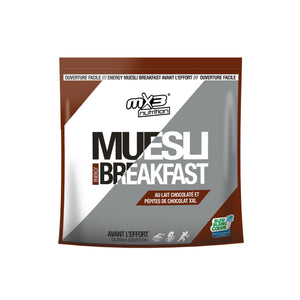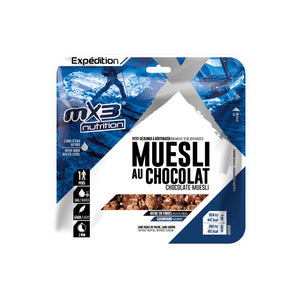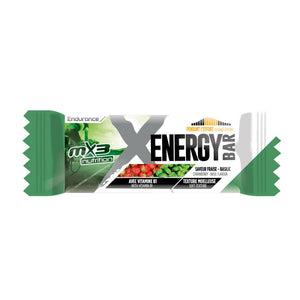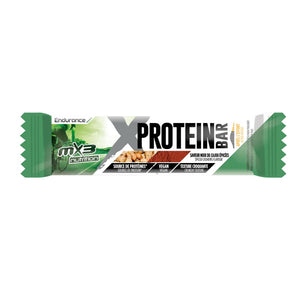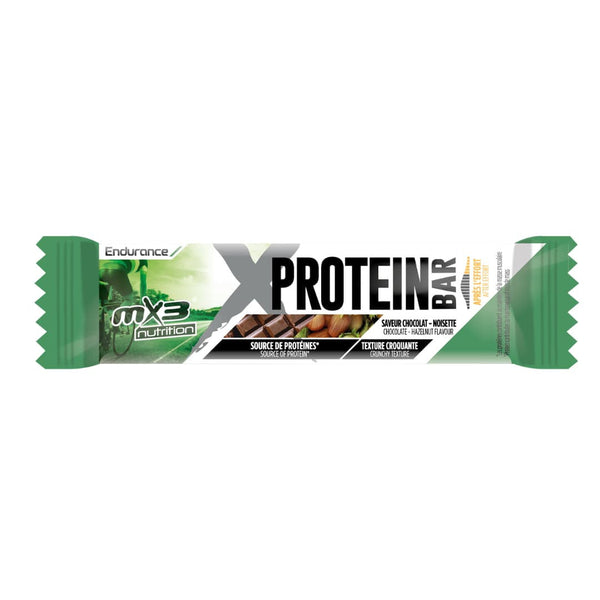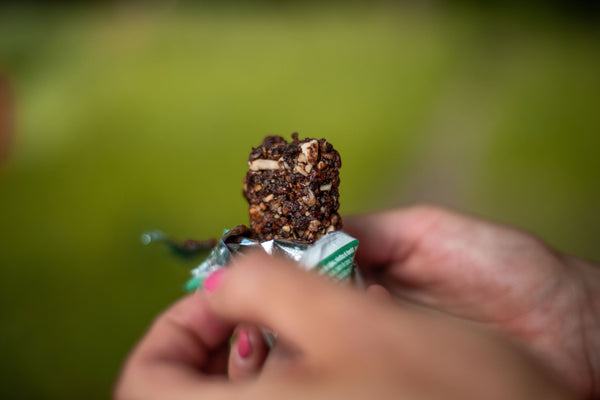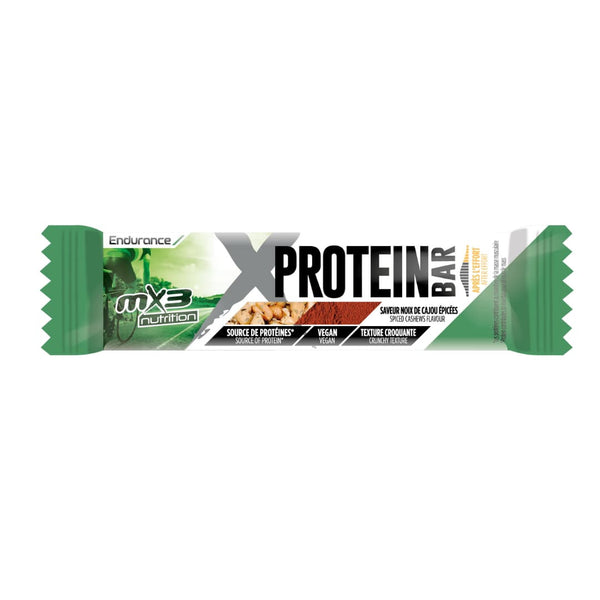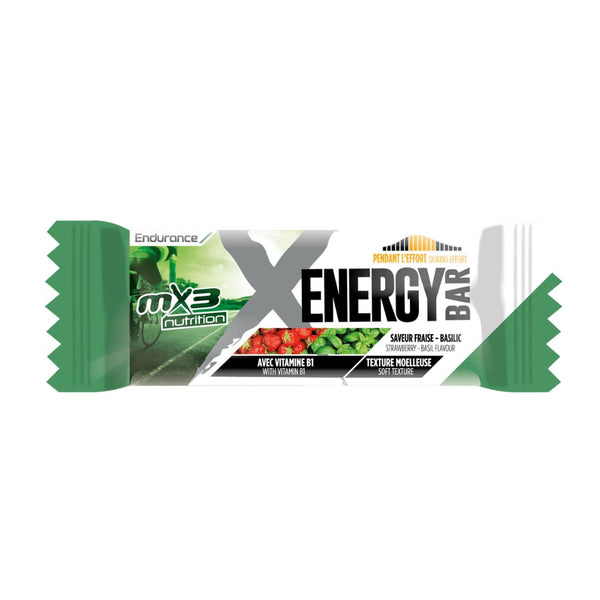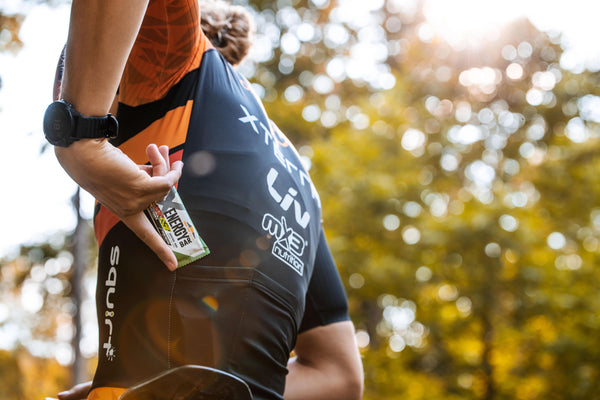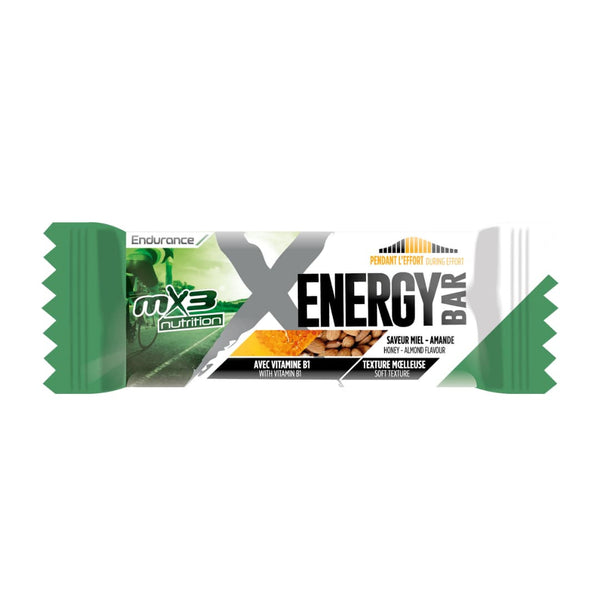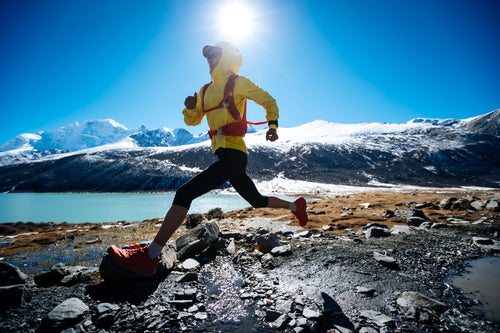Hydration and sport
Hydration plays a crucial role in the world of sport , influencing not only athletic performance but also recovery and the overall health of athletes . A good hydration strategy, tailored to individual needs and the type of activity being performed, can make all the difference in achieving athletic goals. This article explores the importance of hydration before, during, and after exercise, offering practical tips to optimize performance and promote effective recovery. Follow the guide!
Athletes and hydration: what are the best practices?
Before sport
Pre-exercise hydration is essential to prepare the body for physical exertion and prevent early dehydration. It is advisable to consume approximately 500 ml of water two to three hours before the activity, allowing the body to adjust its hydration and minimizing the need to urinate just before or during exercise. Just before the start of the sporting activity, it may be beneficial to drink another 200 to 300 ml, thus ensuring that the hydration level is optimal. Proper hydration before exercise also helps to maintain the body's thermoregulation, reducing the risk of heat stroke and other heat-related problems. For athletes competing or training in hot and humid climatic conditions, particular attention should be paid to pre-exercise hydration , possibly with the addition of isotonic drinks containing electrolytes to compensate for those that will be lost through sweating.
During sport
Hydration during exercise is crucial to maintain performance and prevent the decline of physical and cognitive functions. The amount and frequency of hydration will depend on many factors, such as exercise intensity, duration, environmental conditions, as well as individual characteristics of the athlete such as sweat rate. As a general rule, it is recommended to drink approximately 150–250 ml of water every 15–20 minutes during exercise. For activities of long duration or taking place in high temperatures, sports drinks containing electrolytes and a low concentration of carbohydrates may be preferred to improve water absorption, maintain electrolyte balance and provide an additional source of energy.
After sport
Post-exercise rehydration is essential to recover effectively and prepare the body for future training sessions. The goal is to replace fluids and electrolytes lost during exercise. It is recommended to consume 1.5 liters of water for every kilogram of body weight lost during activity. This may require measuring weight before and after exercise to accurately estimate fluid losses. Drinks containing electrolytes, particularly sodium, can help restore fluid balance more quickly. Additionally, ingesting carbohydrates with fluids can accelerate the replenishment of muscle glycogen stores, an important aspect of recovery, especially for athletes training multiple times a day or competing in close proximity.
Overhydration and sport: real risks
Overhydration , or dilutional hyponatremia, is a condition that occurs when water intake exceeds the kidneys' ability to eliminate excess fluid, leading to low blood sodium concentrations. Although less common than dehydration , overhydration poses a serious risk to athletes, especially those participating in long-duration activities such as marathons, triathlons, or long-distance cycling. The main risks and consequences of overhydration for an athlete include:
Electrolyte Imbalance
Overhydration dilutes electrolytes in the blood, especially sodium, which plays a crucial role in muscle and nerve function. Low sodium levels (hyponatremia) can disrupt these vital functions, leading to cramps, muscle weakness, and in severe cases, neurological disorders.
Swelling of cells
Excess water in the body can cause cells, including brain cells, to swell. This can increase pressure inside the skull (cerebral edema) and lead to symptoms such as headaches, confusion, seizures, and in extreme cases, coma and death.
Kidney function disturbance
Overhydration puts excessive strain on the kidneys, which struggle to filter and excrete excess fluid. This can worsen pre-existing kidney function conditions or even cause new kidney problems.
Hypothermia
Athletes who consume excessive amounts of fluids in cold environments may be at risk for hypothermia. Excess water can decrease core body temperature, especially if the water consumed is colder than body temperature.
How to prevent overhydration
While hydration is essential to athletic performance and overall health, it is crucial to maintain a balance. Athletes should be aware of the risks of overhydration and take a measured, informed approach to their hydration, taking into account their thirst and their body’s specific needs.
In conclusion on hydration and sport
Adequate hydration before , during , and after sports is a fundamental pillar of athletic performance and recovery. It plays a key role in maintaining physiological function, preventing heat-related injuries, and maximizing training capacity. Each athlete should personalize their hydration strategy according to their specific needs, taking into account training conditions, the type of activity performed, and their own physiological characteristics. Beware of overhydration, which is more common than you might think, and its serious risks!

